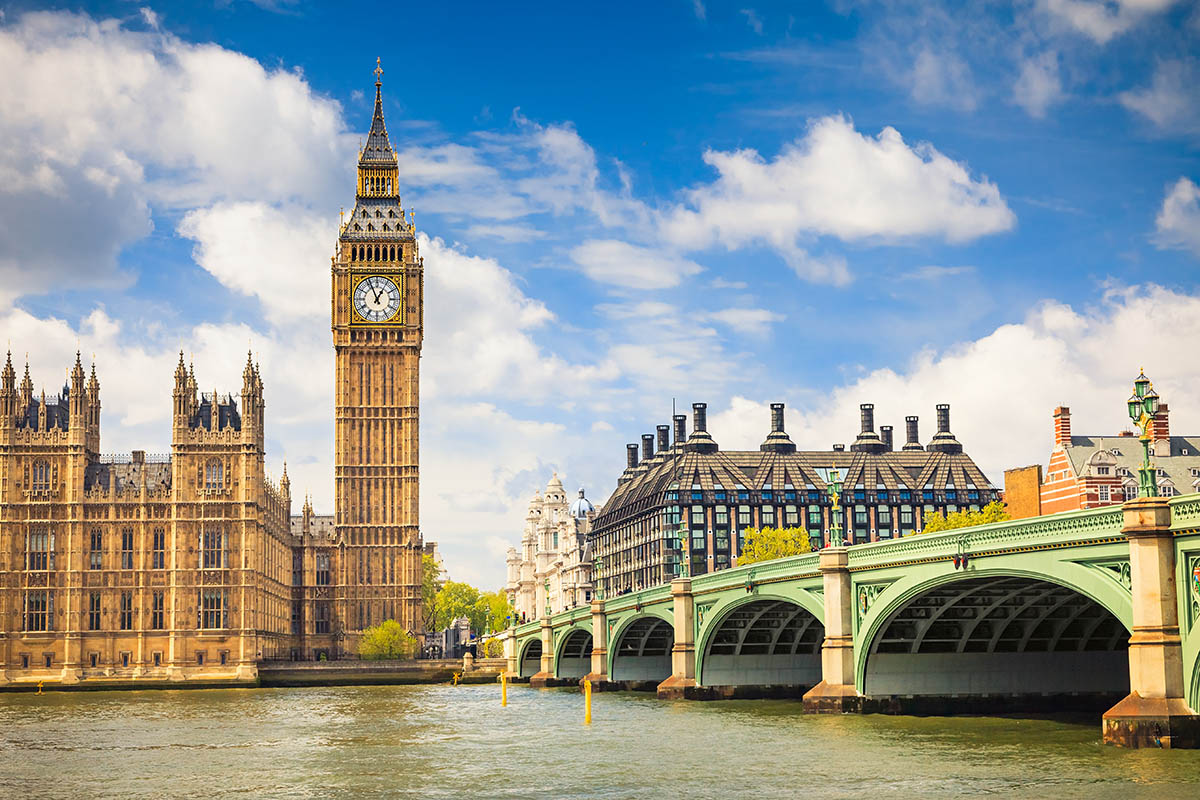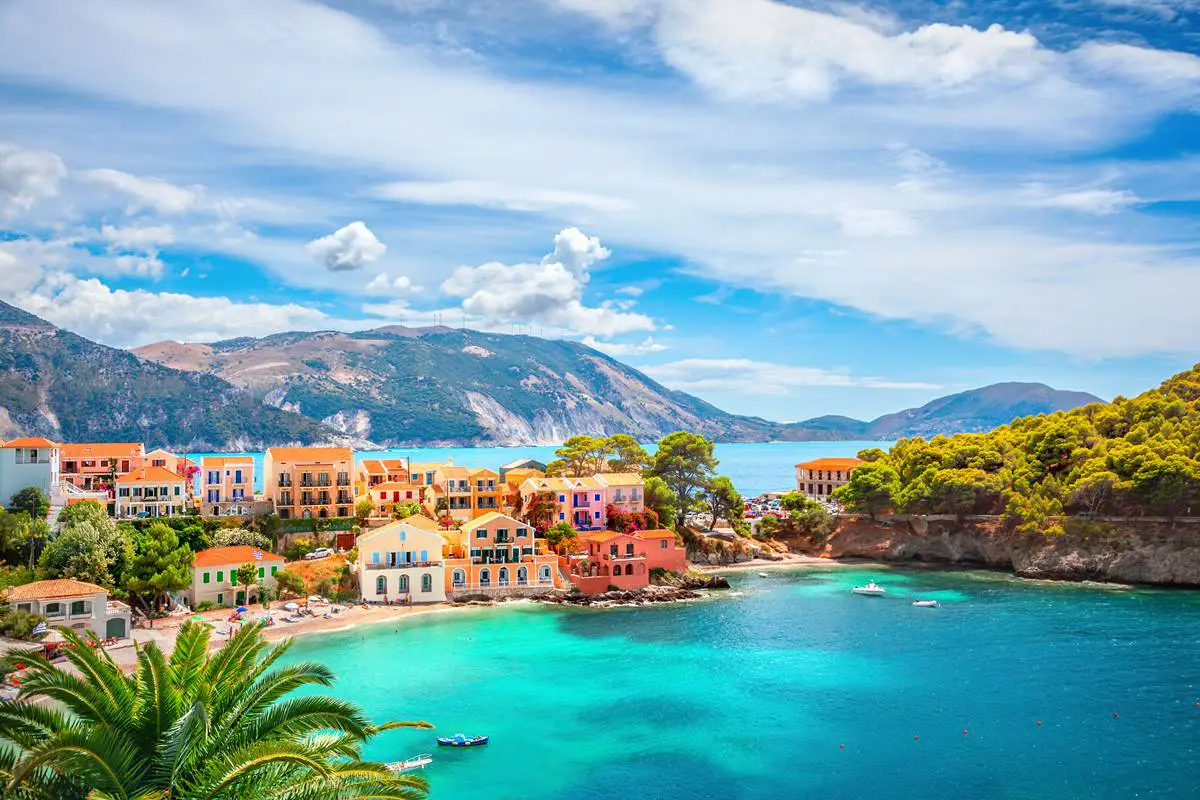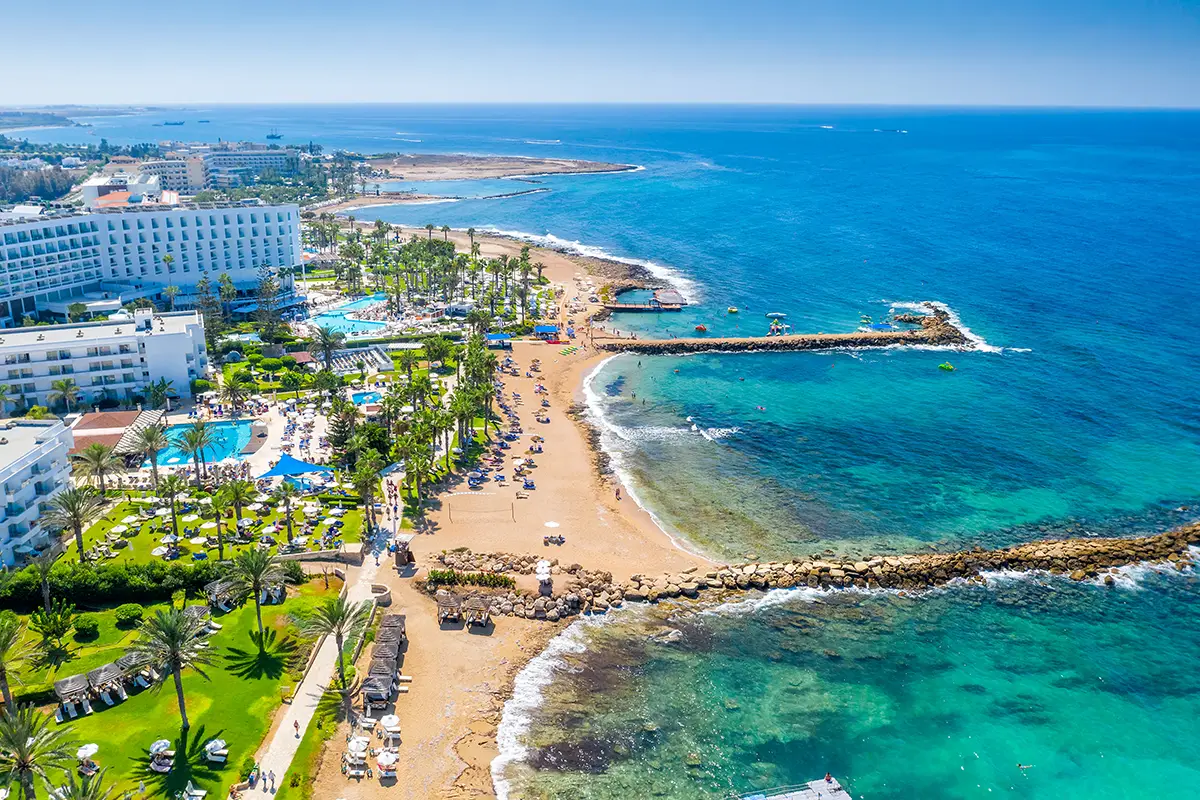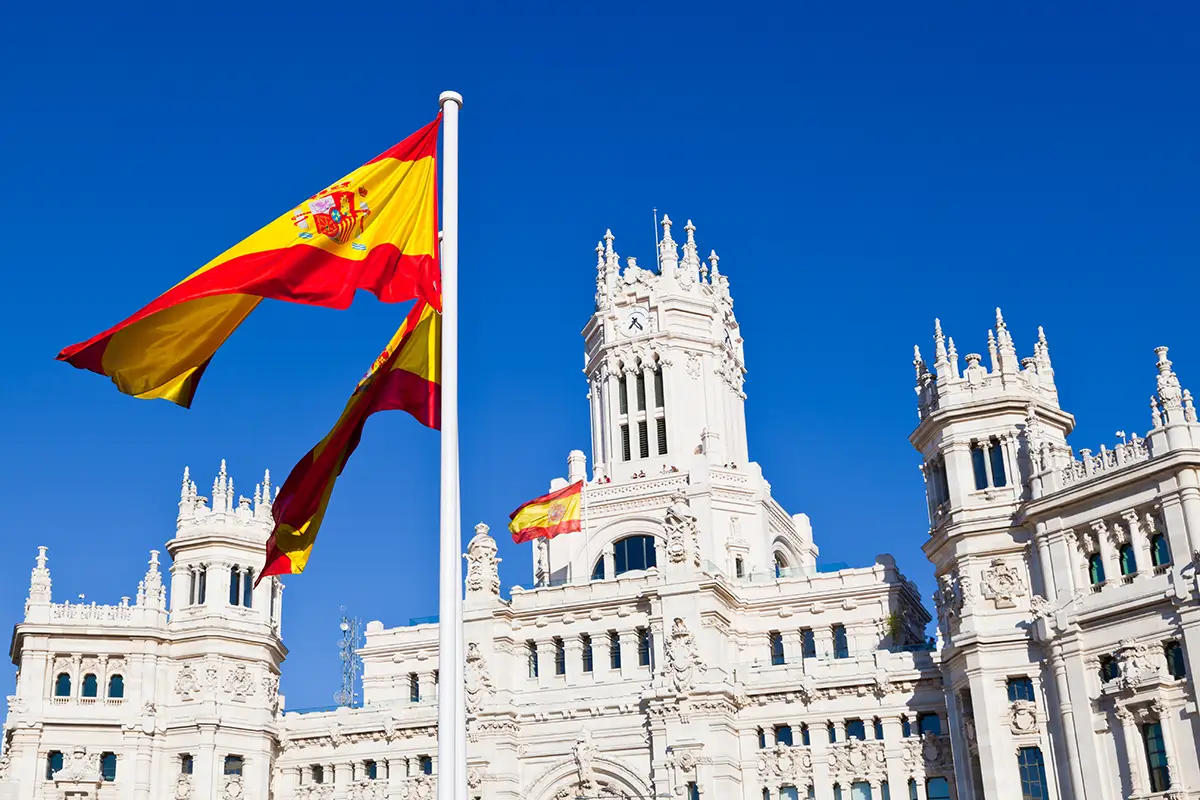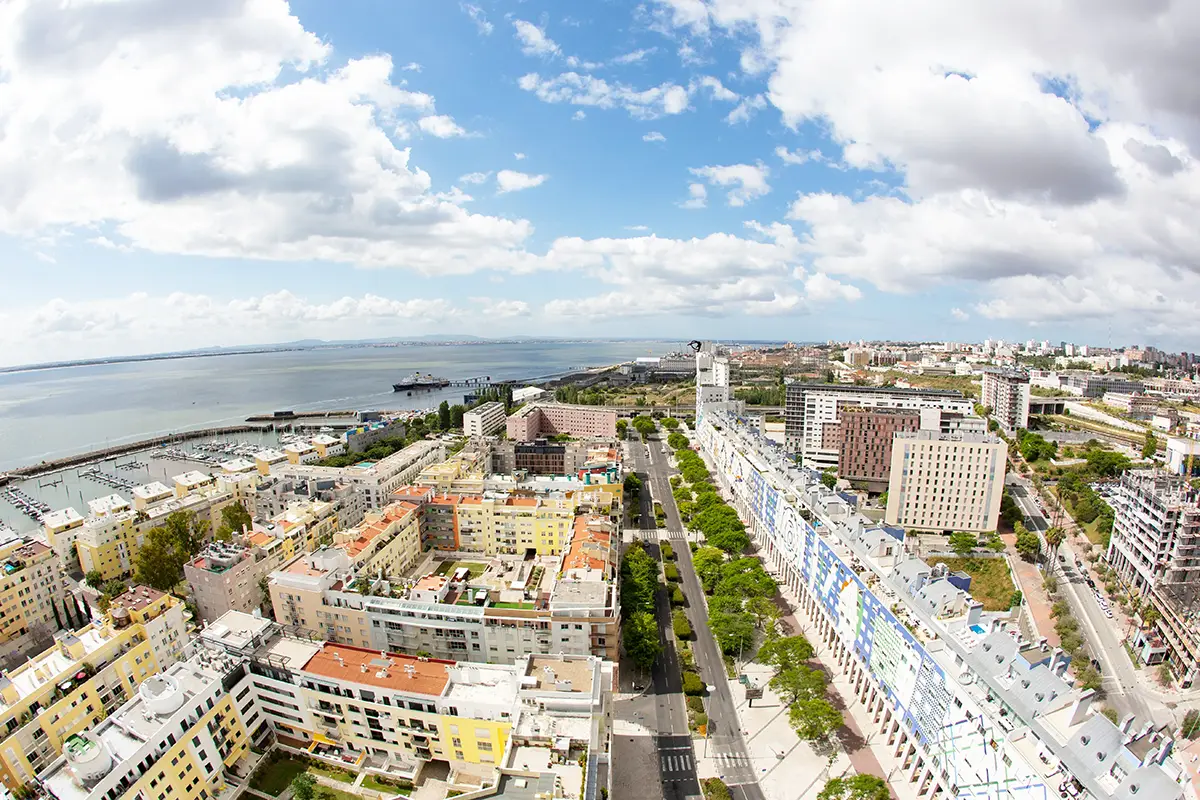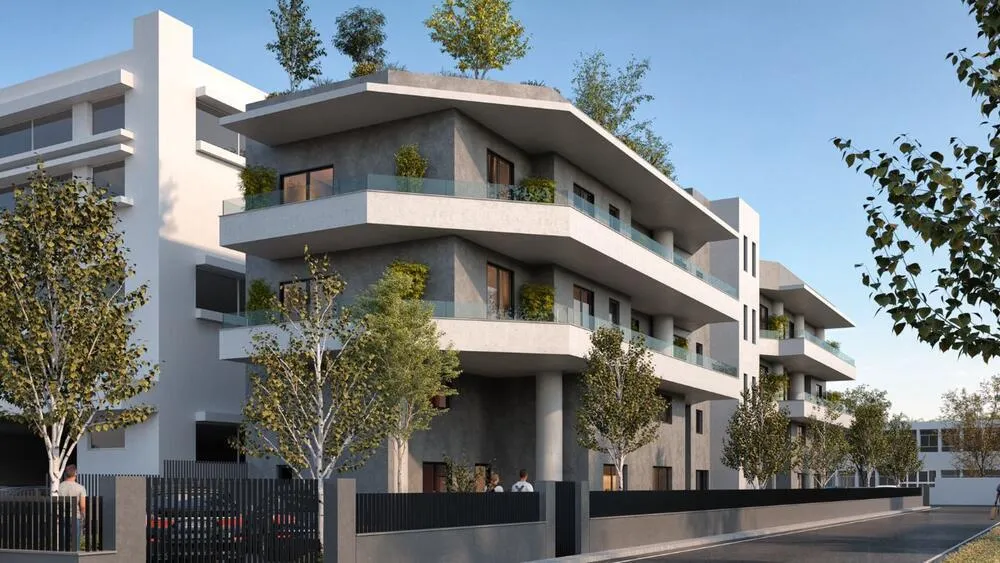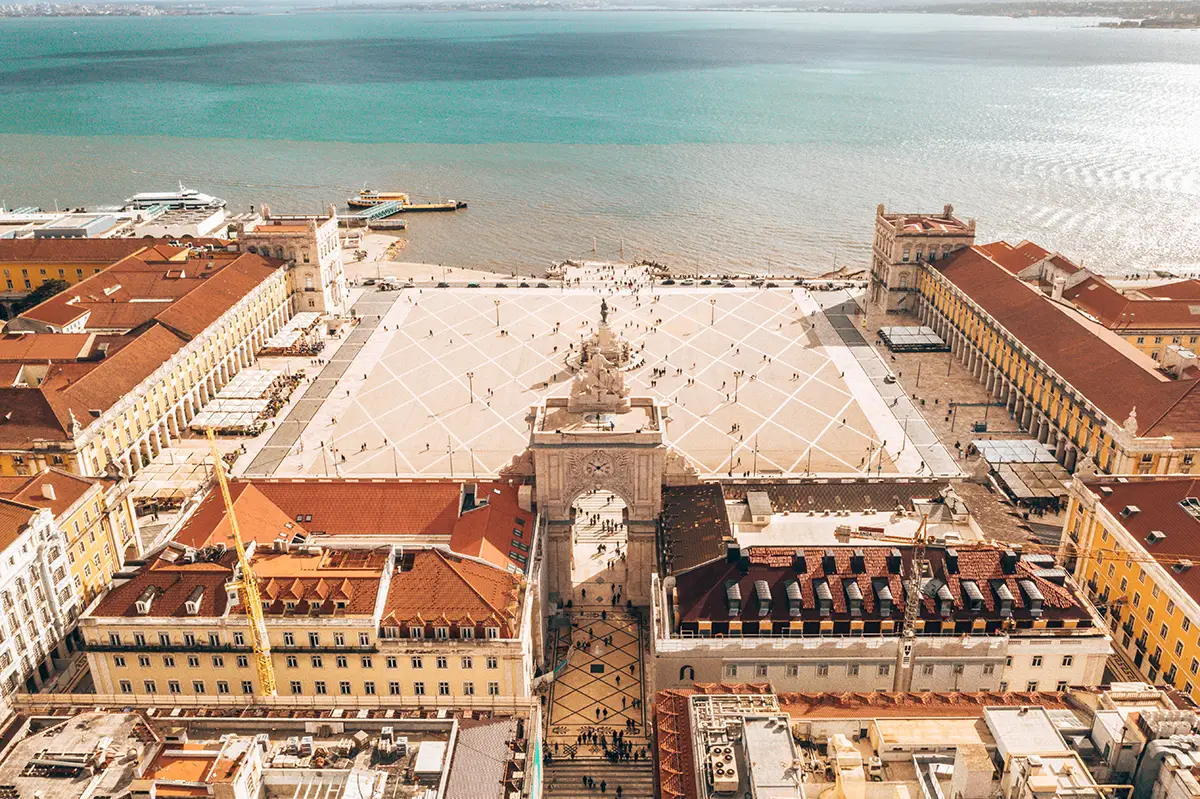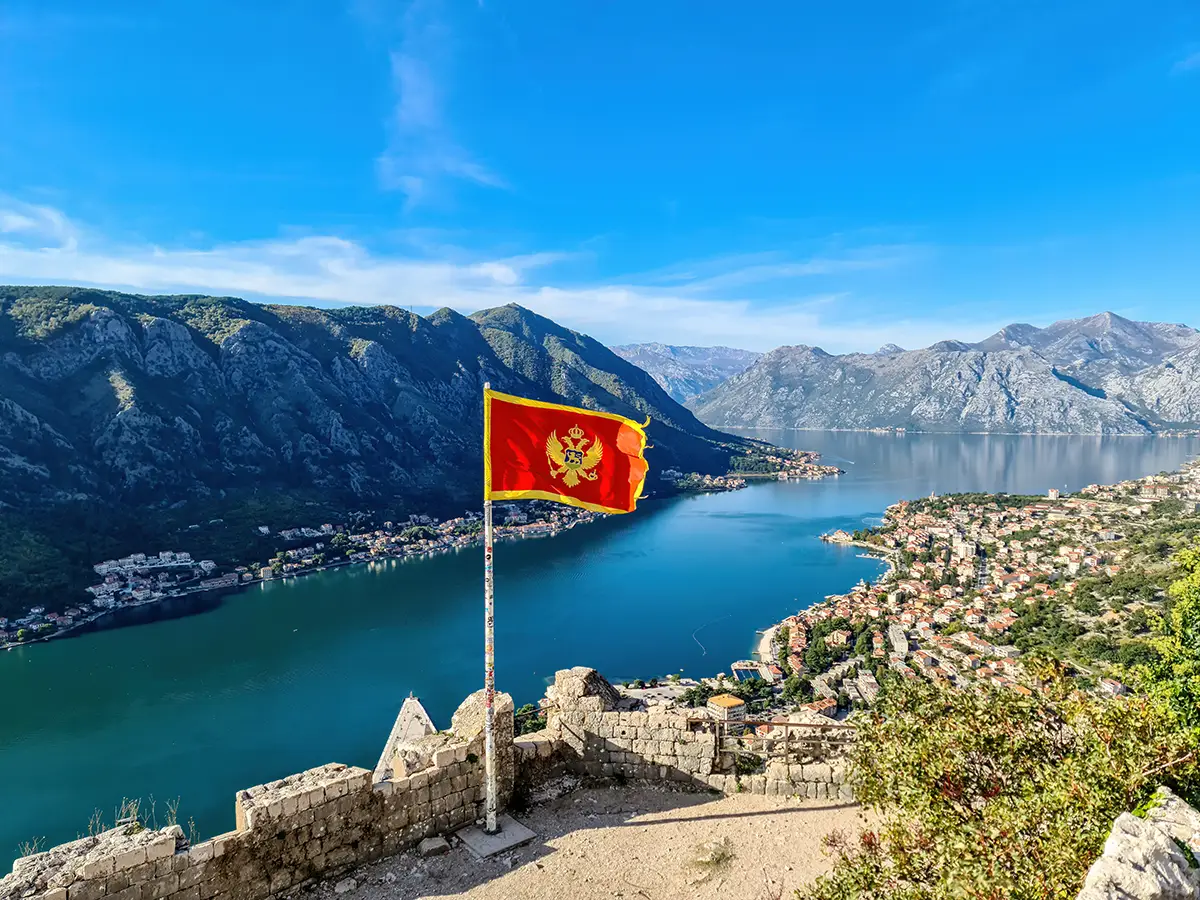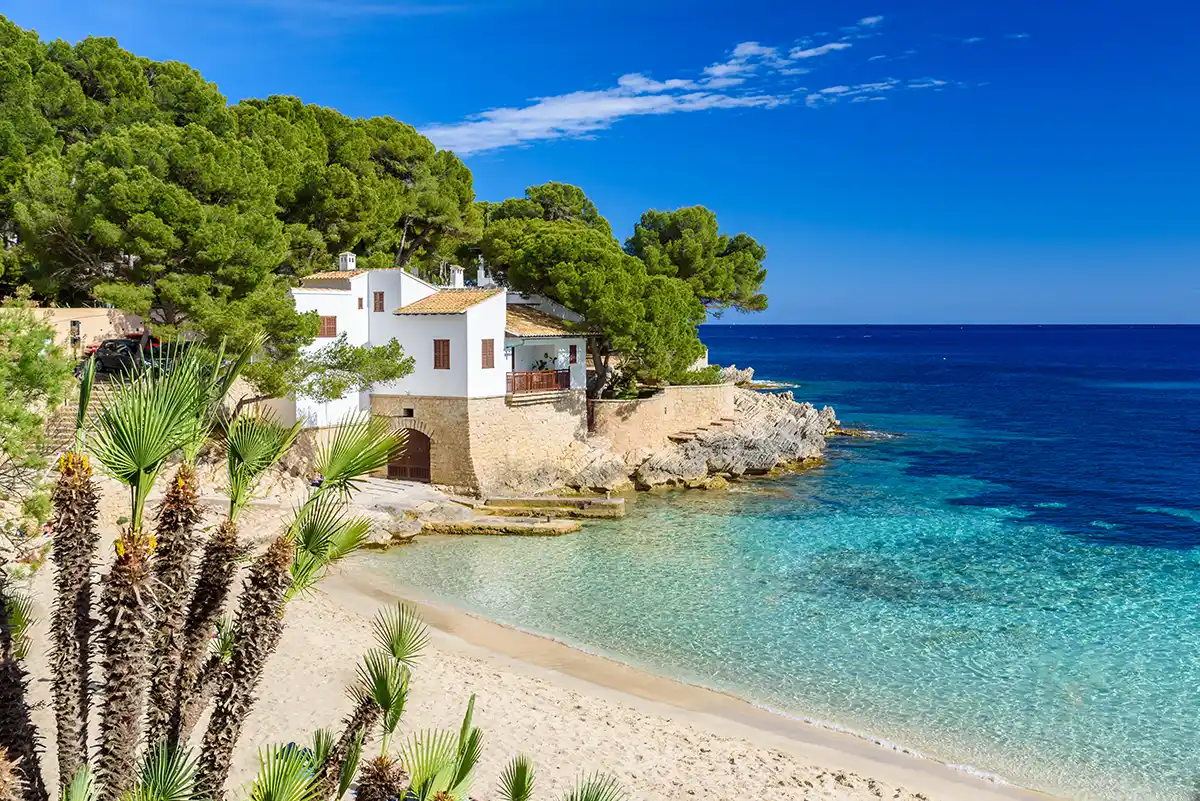What is the British Non-Dom Tax Regime?
"Non-dom" stands for "non-domiciled," and British law applies this concept to individuals living in the United Kingdom but officially established in another country. While individuals with Non-Dom status still pay taxes to the UK government on their UK-based income, they have an exemption from paying tax on foreign-based income, including capital gains.
The decision announced on March 6th shocked investors worldwide, considering the British Non-Dom tax regime has been a United Kingdom staple for over two centuries. The Non-Dom tax regime's introduction dates back to 1799 when the United Kingdom wanted to protect its overseas colonial investments. During the announcement at the parliamentary Budget session, Jeremy Hunt said, "I, too, have always believed that, provided we protect the UK’s attractiveness to international investors, those with the broadest shoulders should pay their fair share. After looking at the issue over many months, I have concluded that we can, indeed, introduce a system that is both fairer and remains competitive with other countries. The government will abolish the current tax system for non-doms."
The Conservative Party believes tax revenue will increase, bringing an expected £2.7 billion to £3.8 billion in tax revenue by the 2028/2029 season. However, experts on the matter have already opposed the plan, explaining that, in the long term, this amount could decrease severely, as former Non-Doms are likely to withdraw from the United Kingdom.
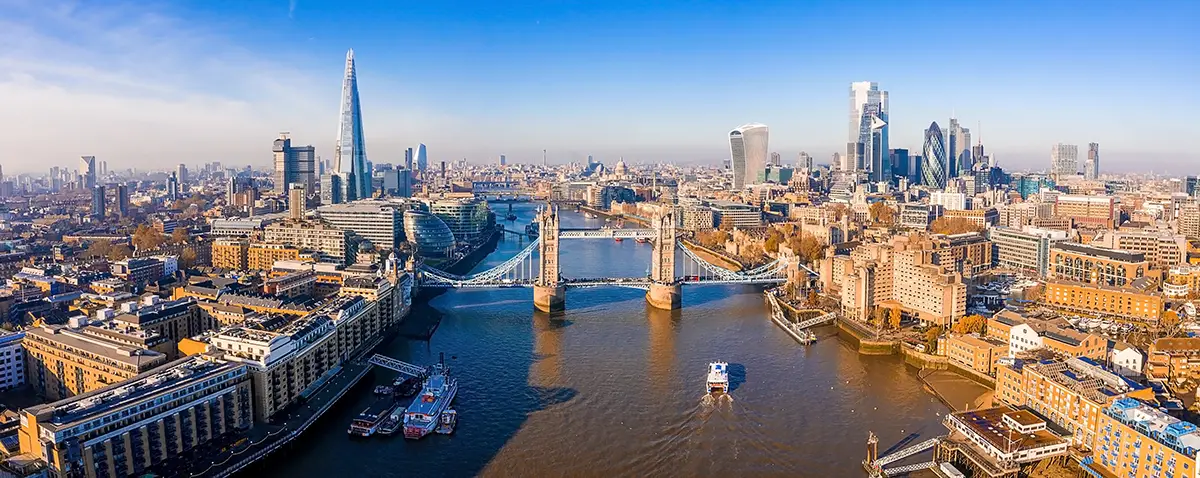
What will change for the British Non-Dom Tax Regime?
During his Budget speech, the Chancellor said the changes would not be immediate. Instead, they would only start to be fully implemented from April 2025 onwards. Though much is yet to be revealed, what is known for sure is that the non-dom tax regime will be abolished, meaning foreign-based residents will start to pay tax on foreign income. The remittance basis, which enables paying tax only on UK-based income, will cease.
Also, starting from 2025, there will be a grace period of 4 years, granting 100% tax relief on new entries to the United Kingdom – afterward, though, taxes will be normally applied. It is stated that to relieve the current non-dom regime users, there will be a temporary 50% cut on the income earned overseas for the 2025/2026 season. The inheritance tax will be based on Residency, though not much is known at this point about this change.
Are there any Tax Residency alternatives?
This is not the first time the Non-Dom tax residency status has been under political pressure. In 2017, the regime suffered a series of changes, and the United Kingdom’s number of Non-Dom residents did not decrease as much as initially forecast. At the time, though, no changes had been made to the country’s remittance basis, which is now being fully abolished. Considering the United Kingdom has about 68,800 registered non-doms as per the latest 2022 data, it is not out of the question some may seek relocation to protect and safeguard their wealth.
Greece Non-Dom Regime
European countries have emerged as possible alternatives. Greece, for instance, has a similar Non-Dom regime to the United Kingdom, though for a significantly longer time. Set at the maximum duration of 15 years, this program enables a flat tax rate of €100,000 per year for any overseas income. This tax regime can also be extended to family members, letting them become non-dom Greek tax residents through the payment of an additional €20,000. The applicant must, in the past 7 out of 8 years, not be a Greek tax resident, and invest €500,000 in Greece, to be completed within 3 years. Pairing this tax residency program with the Greece Golden Visa grants an investor a second property in Greece, perfect for a Plan B, and full Residency status in an EU country, which unlocks visa-free travel and family reunification benefits.
Italy Lump-Sum Tax Regime
Like Greece, Italy introduced its own Lump-Sum Tax regime in 2017, which aims to attract high-net-worth individuals by setting a fixed annual tax of €100,000 on all non-Italian income for up to 15 years. Family members can also benefit, with each paying €25,000 annually. This option encompasses various non-Italian income categories and exempts participants from donations, inheritance taxes, and wealth taxes on foreign assets. Additionally, no remittances tax or foreign-held asset reporting is required, facilitating unrestricted fund transfers between countries. However, capital gains from transferring non-Italian 'qualified' shareholdings within 5 years of tax residency are excluded and must be declared separately. This initiative aims to alleviate Italy's high ordinary taxation rates and attract affluent residents seeking tax benefits.

Malta Res Non-Doms
Malta is another alternative, with its taxes non-domiciled individuals program, termed "res non-doms," solely on Maltese-source income and foreign income remitted to Malta. Unlike the UK system, Malta imposes a nominal minimum annual charge of €5,000 on those claiming this status, without complex statutory residence or deemed domicile rules.
Importantly, Malta lacks deemed domicile regulations, allowing indefinite enjoyment of this tax system. There is no prerequisite for prior non-residency in Malta. While establishing a domicile of choice in Malta is challenging, individuals must avoid actions indicating permanent residency, preserving their non-dom tax status. This approach aims to attract tax-resident individuals to Malta while offering favorable tax treatment on foreign income, emphasizing simplicity and flexibility compared to other jurisdictions.
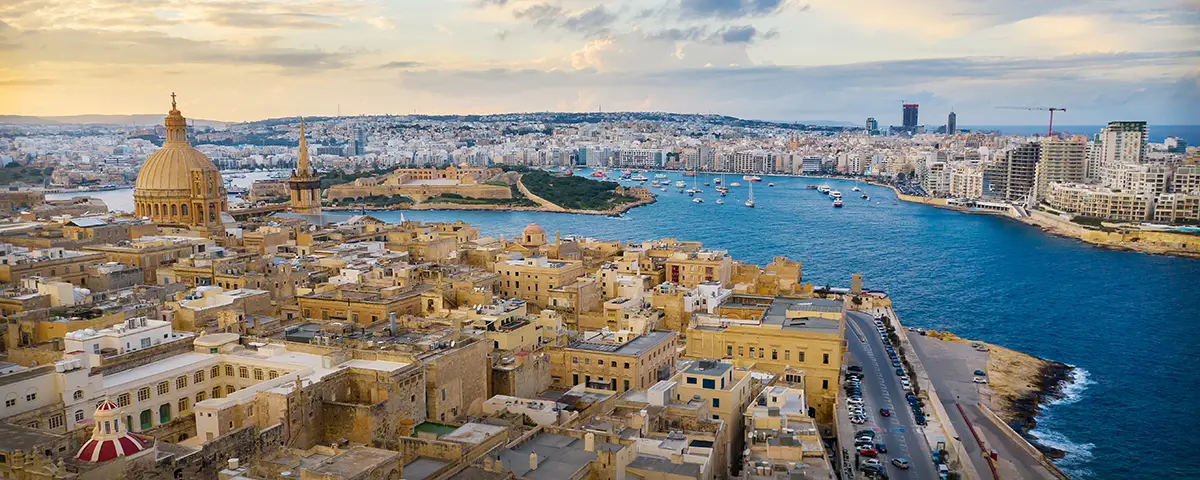
The UAE Corporate Income Tax
In recent years, Dubai and other UAE emirates have become magnets for investors globally, drawn by lenient tax regulations and amenities catering to the affluent. With no taxation on personal income, capital gains, inheritance, gifts, or properties, and a corporate tax rate as low as 9%, the UAE offers an attractive financial environment. Moreover, recent expansions in long-term resident visa eligibility, encompassing entrepreneurs and engineers, further enhance its appeal. However, Dubai's soaring popularity has led to escalating real estate prices, rendering the city increasingly unaffordable. Consequently, there are extended waiting lists for enrollment in international schools and access to exclusive private clubs, reflecting the growing demand and strain on local resources.

Investment Visa as your Second-Residency Specialist
Recognizing the ongoing global uncertainties, Investment Visa boasts a team of specialists dedicated to tracking trends and providing our clients with top-tier information on investments, secondary residency, and citizenship. With operations spanning over 15 countries, we offer Residency by Investment and Golden Visa solutions. Reach out to one of our advisors and start preparing your Plan B today.


